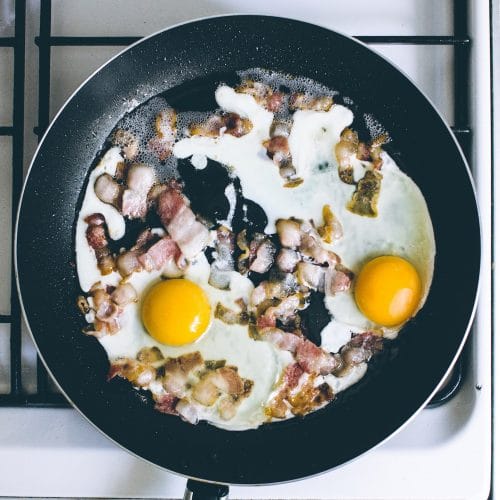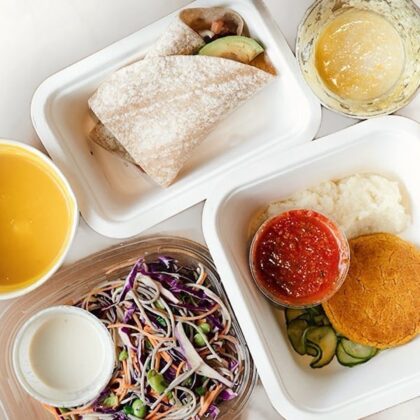Everything you need to know about keeping it keto.
Kim Kardashian “swears by keto” and it’s rumoured to be Victoria’s Secret model Adrianna Lima’s secret “diet” weapon, so it comes as no surprise that the ketogenic diet has blown up in a big way. Hot on the lips of every health magazine, this low-carb way of life claims to help you shift a few pounds (if that’s your goal!) stabilise blood sugar levels and lower your cholesterol, but just how easy is it to follow? In a city bursting with some of the best pasta dishes, delicious dumplings and happy hour deals, it’s no easy feat to follow a plan that seemingly puts a pin in it all, but if you’re keen to give it a go – here’s how hard it is to go keto in Honkers.
Read more: How Hard is it to be Vegan in Hong Kong?
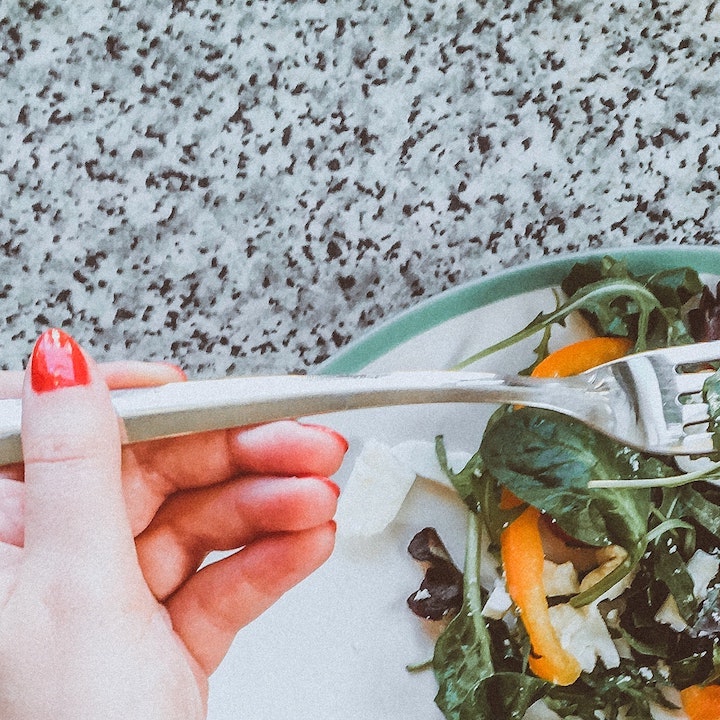
First up, what is a ketogenic diet?
If you’re sitting here thinking you can eat all the bacon and butter that your heart desires, you’re not totally wrong – but it’s definitely not recommended. Unlike the infamous Atkins diet, which encourages high fat and high protein, and was primarily used as a tool for short-term weight loss, “keto is a lifestyle that changes your metabolic fuel and has many health benefits including –but not limited to– weight loss.”
Your daily meals are made up of three key components:
- High fat (70-80% of your daily calories)
- Moderate protein (20-25% of your daily calories)
- Low carbohydrate (5-10% of daily calories)
How it works:
By reducing your carb intake and instead replacing your calories with healthy fats it puts your body in to a state of energy burning known as ketosis. Carbohydrates create glucose, which is the body’s primary source of energy, however in the absence of carbohydrates for an extended period, “your liver converts stored fat into ketones, which can then be processed into ATP, the energy ‘currency’ of your cells.” Depending on your health goals, it’s suggested to eat between 20g to 50g of carbohydrates per day – but it’s definitely worth doing a bit of research or consulting a health professional to work out which range it right for you. 20g is extremely strict, and as you’ll soon find out, adds up quickly.
What are the health benefits?
The ketogenic diet has had its fair share of controversy, but there have been plenty of studies that suggest that the health benefits are significant. Feel free to consult doctor Google when in doubt, but following the plan has been shown to:
- Improve metabolic function
- Stabilise blood sugar
- Burn stored body fat
- Improve brain health
- Optimise heart function
Some followers of the keto diet experience what’s known as the “keto flu.” No, you’re not suddenly going to be bed bound and drowning in tissues, but as your body switches from burning glucose to burning fat, you may experience flu-like symptoms such as headaches, mental fog, body aches and a decrease in motivation. Not everybody experiences keto flu and it tends to last no more than a few weeks. (Tip: drink LOTS of water and incorporate bone broth in to your diet, plus add a little salt to your food to ensure that you’re getting enough electrolytes!)
Source: Perfect Keto
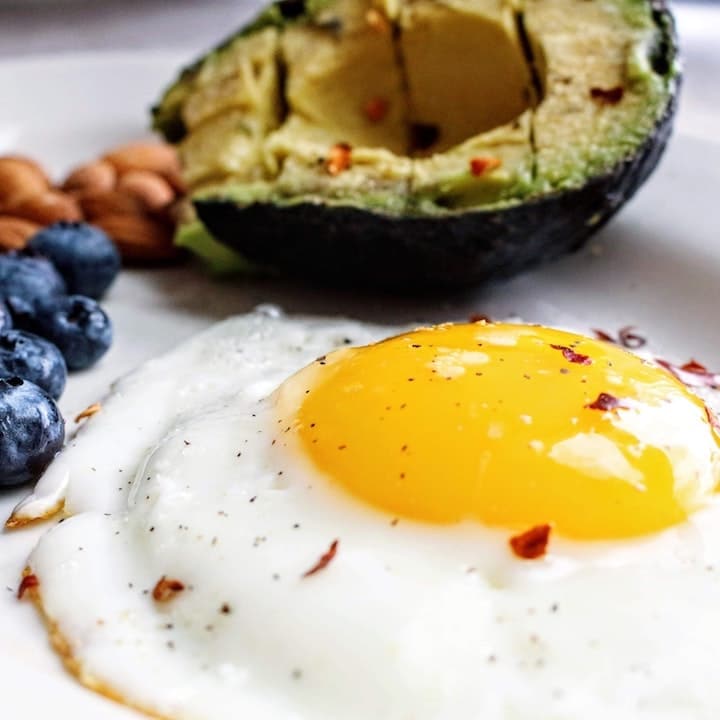
What can I eat on a ketogenic diet?
The million-dollar question – “what can I eat on keto?”
A big ‘ol bowl of Spaghetti Bolognese may be out of the question, but you’ll find that many of your favourite recipes can be adapted to be keto-friendly. Zoodles, anyone? As a rule of thumb, avoid foods such as: grains, pulses, starchy vegetables (like potatoes), sugar and sweets, processed food, refined fats/oils, juices and alcohol. Instead, replace rice with green vegetables and make meals more filling by adding butter, coconut oil and cream. Keto-friendly foods include:
- Seafood
- Meat and poultry
- Low carb vegetables (i.e. cauliflower, spinach, zucchini)
- Cheese
- Healthy fats (i.e. avocado, coconut oil, butter)
- Nuts and seeds
- Eggs
- Olives
- Berries (i.e. blueberries, raspberries, blackberries)
At first it may seem like your meals are limited, but with a bit of planning you can eat a fresh and varied diet that keeps things interesting and leaves you feeling less bloated and groggy. Check out websites such as Diet Doctor, Fat For Weight Loss, Anna’s Low Carb Kitchen and Keto Connect for a dash of inspiration, but you’ll be surprised at what you’re able to eat on the plan.
Preparation is key, but on the days that you’re just not feeling it, keep your pantry stocked with a few keto staples that’ll make it easy for you to put a meal together in a flash. Spices, coconut milk, tinned tomatoes and natural nut butters are all great to have for a rainy day, as are low-carb, low-sugar salad dressings. Most dressings are laden with sugar, but believe it or not, there are a few keto-friendly Caesar salad dressings that are available in Wellcome (Newman’s Caesar dressing and Cardini’s are both good options). A personal favourite is Primal Kitchen – all its dressings are refined fat free, made from avocado oil, and delicious. The brand can be found in health stores such as TheStore or on iHerb.
Read more: How Hard is it to go Palm Oil Free in Hong Kong?
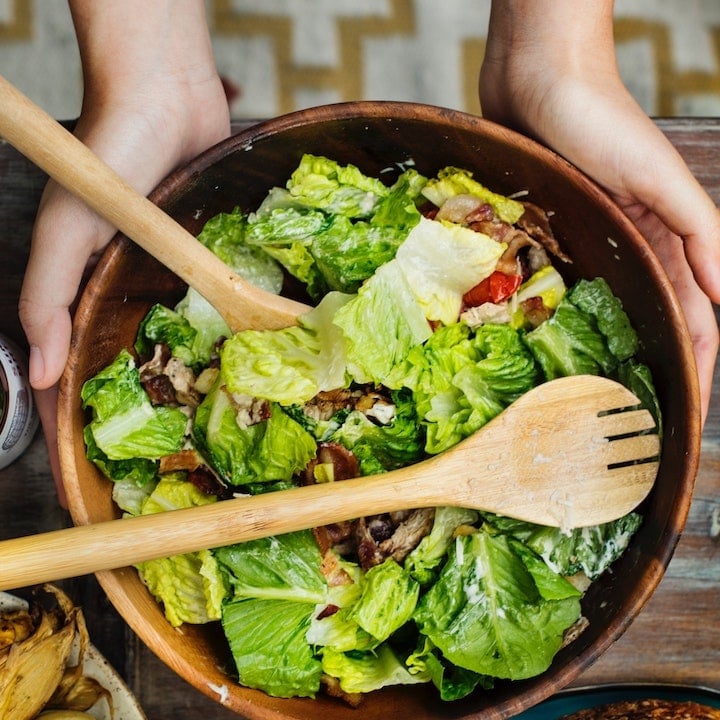
Can I still eat out?
Regardless of whether you’re Paleo, gluten-free, sugar-free, dairy-free or vegan, there’s always going to be some restaurants that are able to accommodate your dietary requirements and others that aren’t. Because the ketogenic diet encourages healthy fats, you’ll find that instead of asking for your food to be cooked without it, you can get away with your salmon smothered in butter. Ask your server if it’s possible to make substitutes and swap out rice for a side of vegetables or if you’re out for a buffet brunch, avoid the pastas and opt for lean meats and go for the cheeses! Girls night out? Go for a curry and skip the naan bread!
Alcohol is tricky, but a night out is not off the cards. A standard measure of red wine contains 2.6g of carbs per glass and an average pour of prosecco is 5g – all of which can be worked into your daily carbohydrate limit. The secret? Spirits. A shot of vodka has 0g of carbs, so you can most definitely enjoy a few vodka sodas on a night out (all while drinking responsibly, of course!) but bear in mind that if weight loss is your goal, your body will burn alcohol before it burns fat, so your progress could be slowed. You have to live a little though, right?!
Where can I shop for keto -friendly products?
There are countless keto products on the market so it can be tricky to know which are worth shelling out for. If it’s your first time following the plan, keep it simple. Buy yourself a box of ketone measuring strips from your local pharmacy (Watsons and Mannings stock them behind the pharmacy counter) for roughly $60 for 100 strips. They aren’t always the most accurate but they’ll be a good indicator of when you’re in and out of ketosis. If you want to delve deeper into the world of MCT oils and collagen then feel free, but try not to be sucked in by products which market themselves as strictly keto – they can be deceiving, higher in carbs than most unbranded products as well as containing hidden sugars, halting your progress. Just because something is low-carb, doesn’t always mean that it is keto. Always protect your progress by reading the label!
If you’re keen to have a look at what’s out there, check out the following stores that stock keto staples:
iHerb
No strangers to iHerb here in Hong Kong, this online health store has heaps of low-carb and keto options that can be sent straight to your door. Popular keto snacks such as pork rinds, seaweed and parmesan crackers are in abundance, as are Miracle rice and noodle products which make for great low-carb pasta substitutes.
TheStore
Found on Cochrane Street in Central, TheStore is a hot hub for all health products and sports supplements. It carries popular keto brands such as Primal Kitchen and Perfect Keto that are great additions to your plan. If you’re not in that neck of the woods, TheStore also offers free same-day delivery to those living on the Island, Kowloon and in New Territories!
FoodCraft HK
FoodCraft is a great shopping resource for those with specific dietary requirements and food allergies, however it also offers a selection of keto products such as bone broths, MCT oils and electrolytes – which are great for beating keto flu.
So, should I go keto?
Like with anything, the choice ultimately lies with you. The ketogenic diet was originally put in place for diabetic patients as a means to help reduce blood sugar levels – the weight loss came as a desired side effect (for most). Living in Hong Kong isn’t necessarily the hurdle as there are an abundance of restaurant options and fresh food markets that make giving up carbs that much easier. What it comes down to is your reasons for adapting a ketogenic lifestyle and if it’s going to be helpful in reaching your health goals. Whilst it may not be feasible for everyone to follow, the resources are out there if you’re ready to give it a go. Our parting advice? Keep it simple to keep it keto. You’ve got this!
All images courtesy of Pexels.





 Eat & Drink
Eat & Drink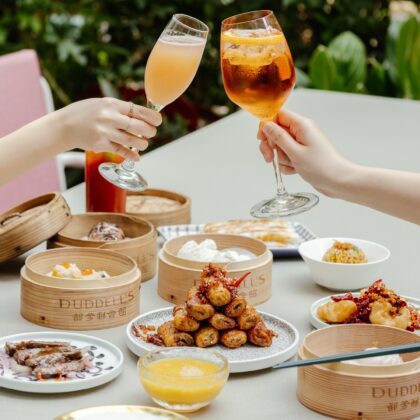


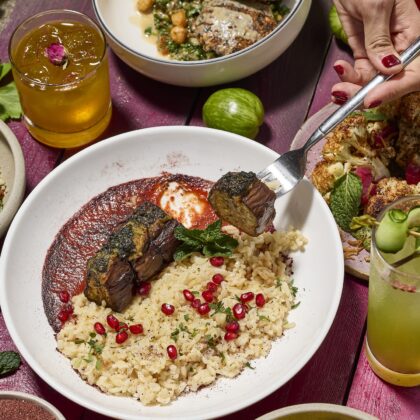
 Travel
Travel



 Style
Style



 Beauty
Beauty



 Health & Wellness
Health & Wellness

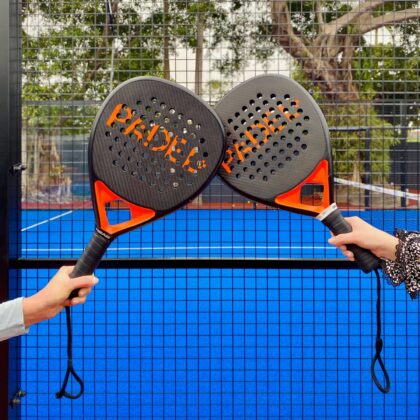

 Home & Decor
Home & Decor



 Lifestyle
Lifestyle

 Weddings
Weddings



